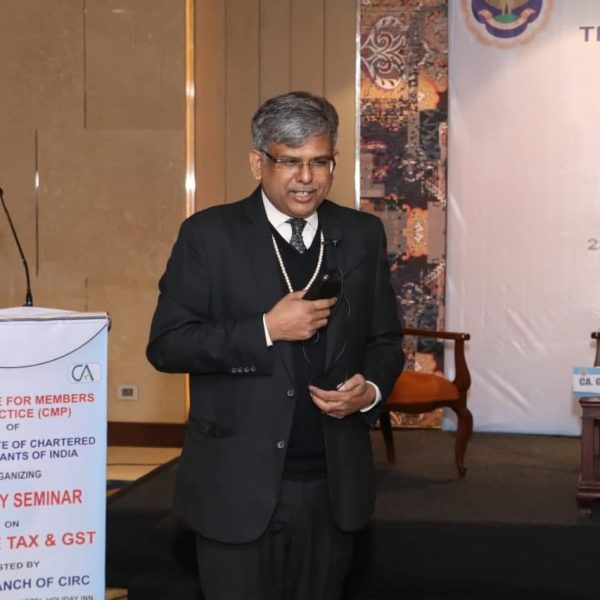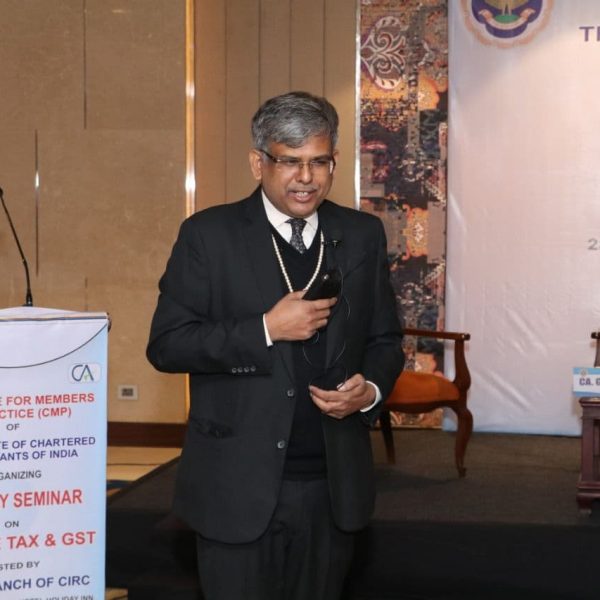Introduction: It is not a purely legal concept, unlike ownership. it is both a legal and non-legal or pre-legal or a factual Concept. There may be situations where Someone has possession in fact but not possession in law. example A has borrowed a book from his friend B, although A has possession in fact yet Ronnan law does not recognise possession in law. It is just custody or detention of books.
Constructive possession: Not actual possession but the law provides protection of Possession in certain situations called Constructive possession.
Each legal System has its own meaning of possession depending upon the policy adopted, with no universally applicable definition under the law.
Possession in fact is a relationship between a person and a thing. i.e. physical Control over an object. if a person captures a wild animal, he possesses and once such animal escapes from his control, we say he loses possession of the animal. A thing which is beyond the Control of human beings can’t be subject to possession examples. Sun.
Physical Control Over an object does not mean continuously exercising Control but he should be in a position to resume actual control. Here the influence of law & Legal concept of possession over possession in fact. In Primitive Society more focus was on physical control but after development more focus on legal Control protected under law.
Sufficient control: temporary relinquishment of actual Contort will not result in dispossession unless Complete loss of ability to resume. sufficient control over an object depends upon various factors such as the power to control, nature of the object (ship, building or our large object, etc or Small precious metals ), power to exclude others, lack of outsider interference, the possibility of resumption and law penalizing for interruption by others.
Why does the law protect possession?
Freedom includes freedom of will also and in possession individual will is reflected, therefore protection of freedom includes protection of possession and it must be protected by law under a policy of government so as to bring peace and harmony in Society and reduce disputes. According to Savigny, possession should be protected because every act of violence is unlawful. Possession is protected not only against force but also against fraud and other kinds of disturbance for dispossession. According to Holland Prominent motive in the protection of possession is to regard for the preservation of peace because interference with possessions leads to violence and to reduce violence law must protect possession. example Section 53A of the Transfer of Property Act 1882 protects possession under part performance. the law protects possession till Someone else proves a better title in himself.
Possession in fact Vs. possession in law: Possession in fact means physical control over an object whereas law recognizes possession even otherwise called Constructive possession where one person is in possession of an object on behalf of others. There are cases where the law does not recognise Possession even if possession in fact is Covered by detention or custody over objects. For lawful Possession, there must be factual control over an object Supported by the right to control.
Savigny theory of Possession: Following two elements essentially for possession
- corpus possessionis ( Called Corpus for brevity ) means effective physical control of an object. Effective Power of dealing with an object controlled excluding others, and
- Animus domini i.e. mental elements or intentions to hold the object to exclude others to interfere. cases where animus is missing example A person gets the right of way over the land of another, he is not in possession because he can’t exclude others from using that way. Animus may be general and not necessarily specific. For example, Person having a key to the library has possession over all the books therein even though he might have forgotten Some of the books. Animus may be based on the interest of others for example bailee having possession over the goods of the bailor. a person having animus is not necessarily the owner for example tenant, or mortgagee are not an owner but they require animus.
Note: for continuation of possession both animus and Corpus are not required.
Criticisms of Savigny’s theory: Both corpus and animus are required for possession but in actual practice, possession continues even if one of the elements or both the elements are missing. Roman law does not protect a possession acquired unlawfully for example control over things by theft of stolen goods is not protected by law so in this case the owner of goods still has possession over goods under law. control over Les (=goods ) by servants ( peculiam= Person holding goods on behalf of master with his permission ) Considered to be possession by the master.
Ihering theory: whenever a person looks like an owner in relation to a thing, he has possession of it unless the law denies based on Practical convenience.
Criticism: this theory fails to explain cases when possession is denied, even if a person has effective physical Control. Furthermore, there are situations where the law recognizes possession even where a person does not look like an owner.
Right of Possessor:
The possessor has a better claim against all except the real owner: Possession is said to be the nine points of law, meaning a Person having possession of an object has better claim over it against the whole world except the real owner.
leading case law: Armoire Vs. Delamirie in this case the chimney boy found a Jewel and took it to the shop of the defendant to know the value. The defendant refused to return the Jewel to the boy on the grounds that the boy was not the owner of Jewel. The boy was allowed to get back the jewel by the courts from the shopkeeper because the boy’s prior possessor had better claims to it against the whole world except the real owner.
Possession is the root of title and after a prescribed period Such a person may become the owner of goods by prescription.
Possession is a substantive right therefore it is transferable and inheritable
Possession is evidence of ownership: Possessor is presumed to be the owner until one proves a better title to it.
Mode of Acquisition of Possession:
- Taking: it may be original or derivative. original takes place when there is no previous owner res nullius example catching a wild animal. Derivative means taking possession from the previous owner, acquiring with or without consent, rightfully or wrongfully if the law so recognizes.
- Delivery: voluntary relinquishment of possession by one person and taken over by another person. Delivery may be actual or constructive.
- Operation of law: Possession by operation of law ex. When a person dies, possession of his things passes to his legal representative. on the demerger or amalgamation of companies as a going concom possession taken over by the resulting company by operation of law.
kinds of Possession
- Mediate and immediate possession: A person holds things on behalf of another called mediate possession. But when things hold directly, no third person between the object and the possessor it is a Case of immediate possession. There are different types of mediate possession Such as (1) possession through an agent or Servant, (2) a person holding goods of another recognizing superior right of others for example books borrowed for learning purposes from a friend on a returnable basis, in such person who is the owner of the book is mediate possession. (3) claim over Object for some time or Subject to some conditions example Property lent or delivered as security in Such case the owner is in mediate possession through the tenant.
Note: many countries recognize Such types of possession Such as Germany but many others recognize exclusive possession of only one person such as in English law and also in India there is no such distinction of mediate possession.
- Corporeal and incorporeal Possession:
Corporal possession has a continuing relation between a person and a material object. it is a relation of fact and not necessarily of right.
incorporeal possession is the continuing exercise of a claim to anything else than a material object such as a trademark, Patent, or office of profit.










